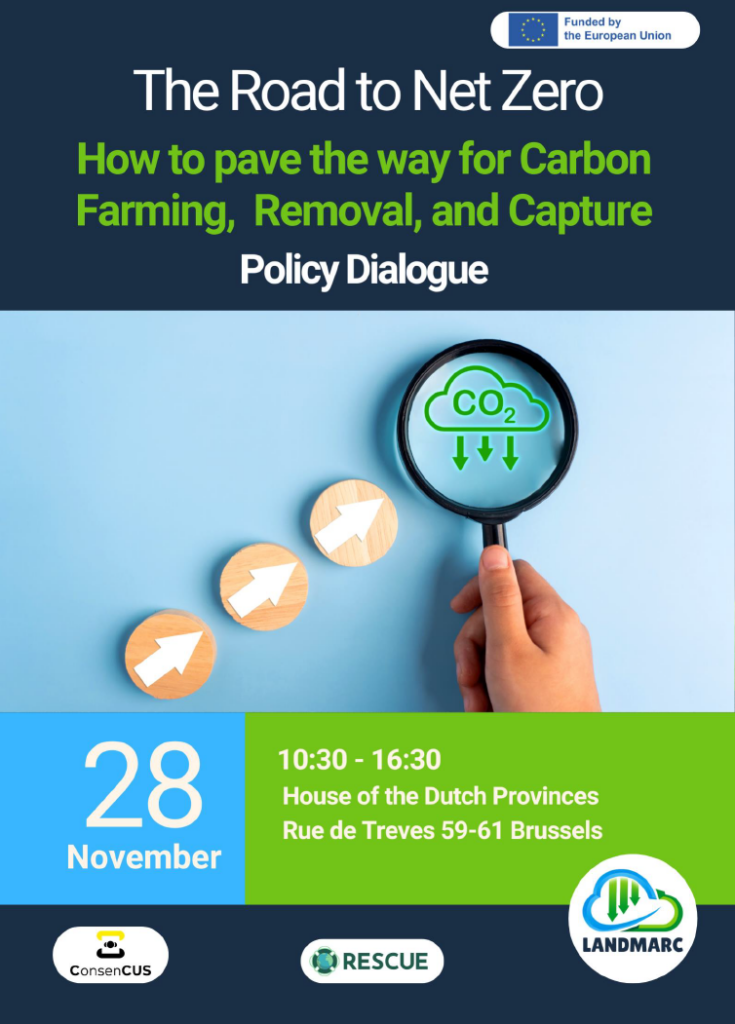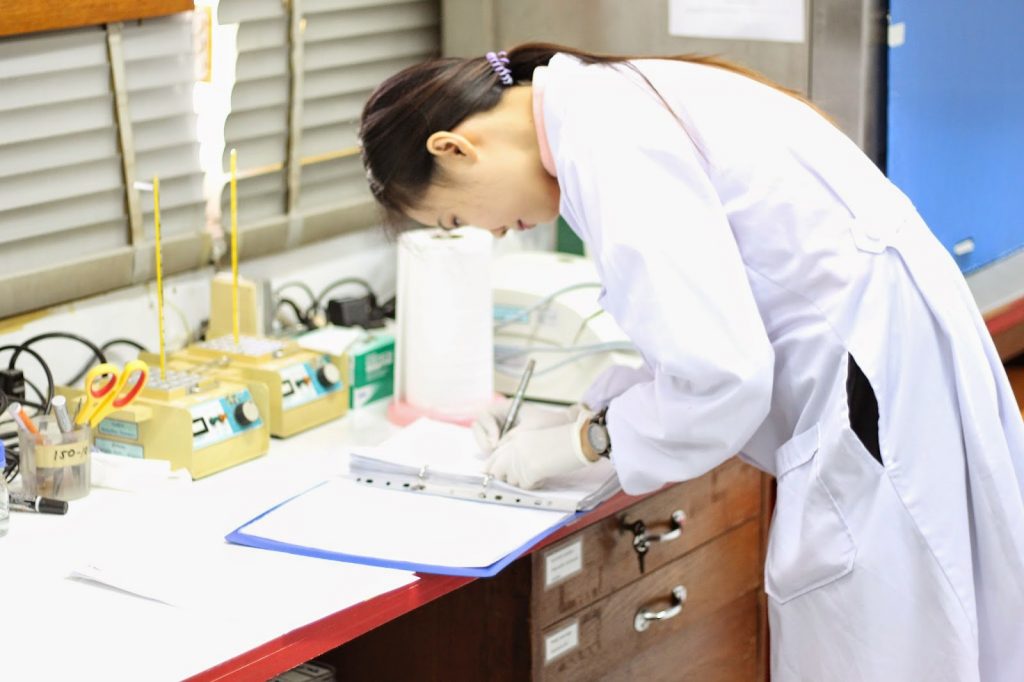LANDMARC’s final policy event is taking place in Brussels on 28 November 2024. The event will focus on the policy implications of Carbon Farming (CF), Carbon Capture and Storage/Utilization (CCS/CCU) and Carbon Dioxide Removal (CDR) technologies.
Mobilising industry for a clean and circular economy
Circular economy (CE) is concept that has recently emerged, especially relevant in cities, and that contrasts the linear economic system. Research gaps in the analysis and implementation of circular economy in cities are a significant barrier to its implementation. This paper presents a multi-sectorial and macro-meso level framework to monitor (and set goals for) circular economy implementation in cities based on Porto, Portugal as a case study.
The Paris Agreement requires the world to keep climate change below 2°C above pre-industrial levels, with an aim to stay below 1.5°C. The 1.5° target is particularly demanding and would require both major and rapid change in energy demand and consumption. A key element is to analyze Green House Gas Emissions of consumer-based options in the EU, such as food, buildings and transportation. The Carbon-Cap project explores the effects of applying different policy options.
Europe has taken a leading position in relation to reducing greenhouse gas (GHG) emissions by adopting ambitious policies for the development and diffusion of renewable energy technologies. However, research and development (R&D) in new technologies is increasingly taking place on a global scale. This increasingly also involves the relocation of R&D and value-adding innovative activities to emerging economies, such as China, India and Brazil, by multinational companies (MNCs) from Europe.




